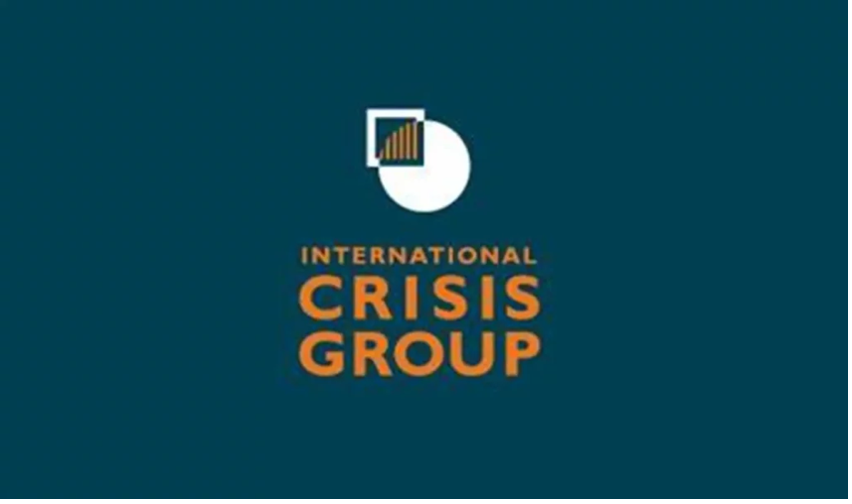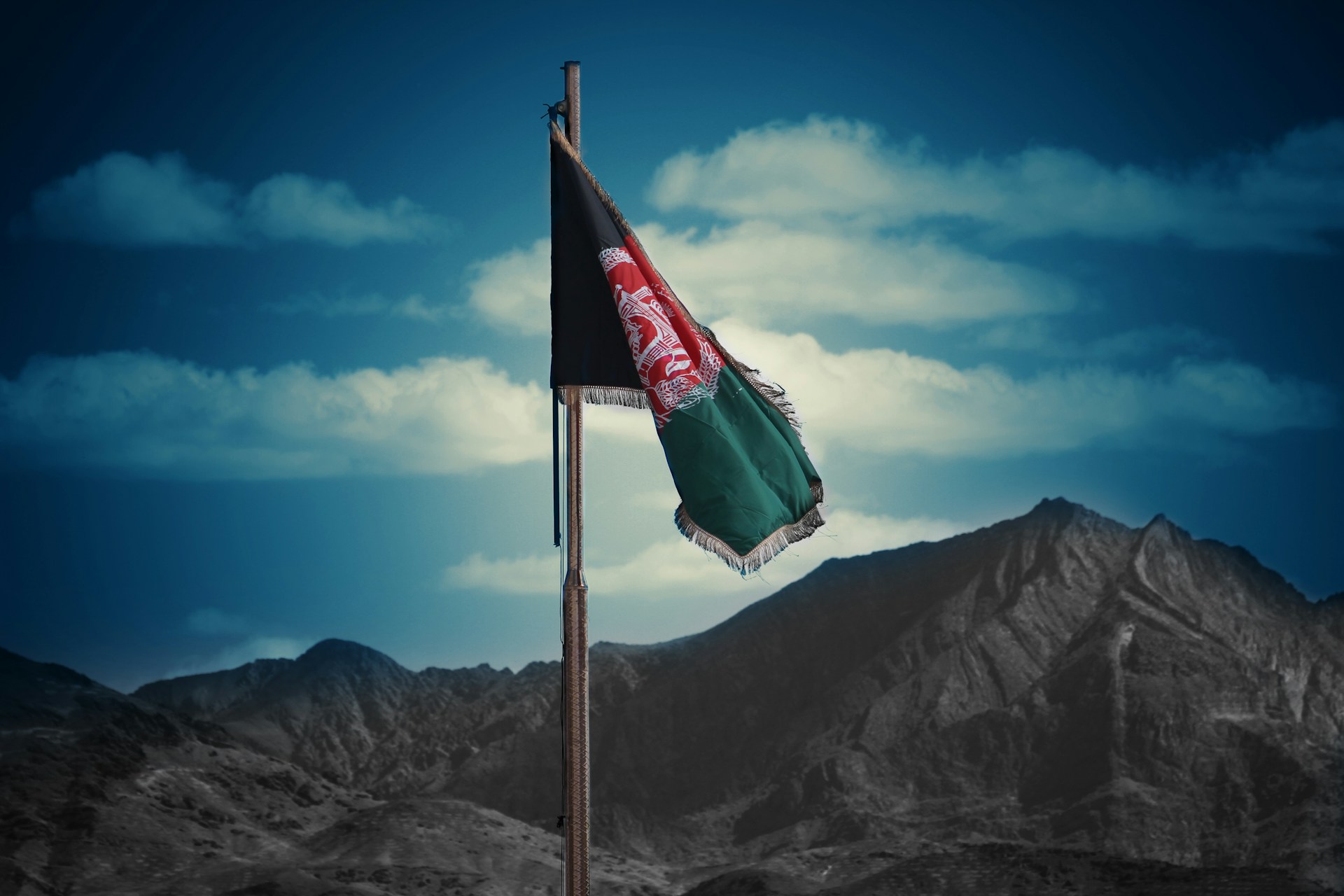Regional countries are dealing with the caretaker government of Afghanistan to address their security needs and economic stability so the west should not block this valuable effort, an influential global group says.
A new report from the International Crisis Group (ICG) says the Islamic Emirate’s denial of basic rights of Afghan women and girls and their imposition of social rules has sabotaged, at least for now, the chances that the UN and other international bodies might recognize their regime.
However, the Islamic Emirate has repeatedly said that girls and women in Afghanistan fully enjoy rights enshrined in Islamic laws and the education of girls above the sixth grade has also been temporarily suspended.
Still, a multitude of factors inhibit economic cooperation between Kabul and the region. Economic restrictions and sanctions continue to stifle private investment.
The desire of some donor states to limit aid to humanitarian assistance and attempts by some to block development aid altogether, also contribute. The limited resources of some regional countries, coupled with inability to attract external financing, also impede serious economic collaboration between Afghanistan and the region.
The report titled: “The Taliban’s Neighborhood: Regional diplomacy of Afghanistan,” said: “Yet even as Western diplomats cancelled meetings with the Taliban, regional actors sought more dealings with Kabul. Some have condemned the Taliban’s treatment of women and girls, particularly bans on girls’ secondary and higher education, but overall regional officials tend not to put emphasis on women’s and girls’ rights.”
According to the ICG report, the current government of Afghanistan is looking to build ties with foreign capitals closer by. “These countries cannot simply say no: they must deal with the Taliban on security and economic issues. Regional engagement remains limited, however, due to both mistrust and hurdles raised by Western sanctions.”
“Western countries should support such efforts – or, at a minimum, refrain from blocking them.”
Dysfunction in the relationships between Afghanistan and its neighbours affects lives and livelihoods across South and Central Asia.
Kabul and its regional partners should explore ways of expanding trade, managing disputes over water and other shared resources, and combating transnational militancy. Failure could spell instability in a vast area.
Regional capitals should continue to develop a clearly defined format for broad-based security cooperation and economic integration. Western countries should support such efforts or refrain from blocking them.
“This region, as the Taliban broadly define it, spans the “Eurasian continents”, from China in the east to Türkiye in the west and from Russia in the north to India and the Gulf monarchies in the south. It encompasses countries closer in, such as the Central Asian states, Iran and Pakistan.”
The report said: “The Taliban, like previous Afghan rulers, view Afghanistan as a bridge connecting all these places. Regional countries’ policies toward the Taliban vary enormously, though all believe contacts with the regime to be necessary, but so far, their engagement is limited.”
“Many steps toward regional cooperation do not involve Western donors, but those countries have a stake in the results. Europeans, especially, would benefit from a stable, self-sufficient region that is not a major source of illegal drugs, migrants or terrorism. Yet sanctions and other measures originating in the West that aim to signal disapproval of the Taliban are obstacles on the road to more functional relations between Kabul and regional capitals.”
Whether it is a vote at the World Bank on a water project, or permission to send equipment to Taliban border guards despite sanctions, much progress depends on Western support – or at least, acquiescence. While such practical steps should not imply recognising the Taliban regime, they would contribute to regional peace and security.”
“At the top of the regional agenda are matters related to security. Regional officials have observed Kabul’s novel methods of controlling Islamist militant groups with varying degrees of scepticism and anxiety. After the Taliban takeover, Afghanistan’s neighbours feared that violence would spill across their borders to hotspots like Indian-administered Kashmir or the Fergana Valley in Central Asia. “
“Those concerns proved to be exaggerated; as the Taliban firmed up their hold on the country, militancy did not spread. The major exception is Pakistan, where attacks by the Tehreek-e Taliban Pakistan (TTP) climbed during the Taliban’s first two years in power, significantly raising tensions with Islamabad.”
The Taliban has repeatedly said that the territory of Afghanistan would not be used against neighboring countries and others. But Pakistan should not blame Kabul for internal instability.
The first step toward better regional security cooperation could be cooling down the rhetoric on all sides and getting actors to agree on a set of facts, even if they have different priorities.
The logic for better regional economic connectivity is overwhelming, especially in the energy sector where Central Asian countries are in search of new markets while South Asia needs new supplies of oil, gas and electricity.
Equally importantly, the region has strategic reasons to encourage ventures in Afghanistan as part of long-term planning for economic integration, which in turn would help with regional stability.
Some regional actors think building Afghanistan into the regional economic architecture could increase regional influence, placate detractors of diplomacy among the Taliban and make the de facto authority a more predictable entity. Many among the Taliban, for their part, see such integration as a path to greater prosperity for Afghanistan and greater longevity for their regime.
The Taliban has not yet commented on the new report from the ICG.
sa/ma
Views: 18












